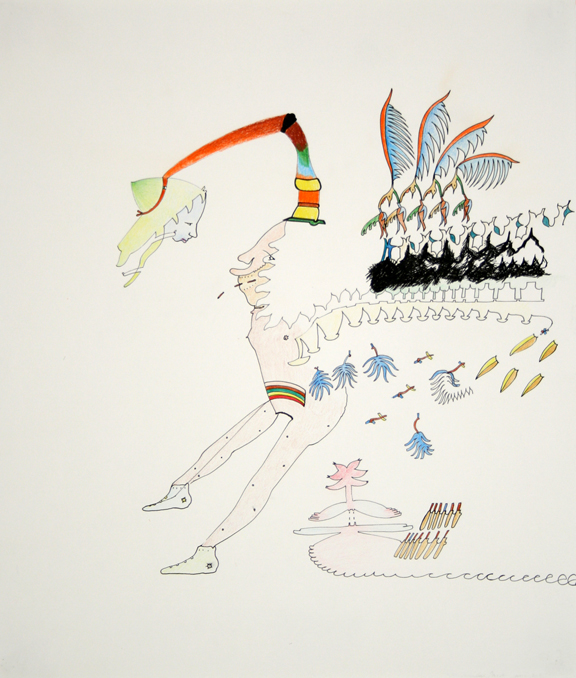Darren Littlejohn recently published a book titled, The 12 Step Buddhist: Enhance Recovery from any Addiction, a Buddhist take on the Twelve Step addiction recovery method. As Darren’s article on Beliefnet iterates, “from a Buddhist perspective of attachment, we’re all addicted to something.”
The statement that we’re all addicted can be a liberating and empowering point of view. But it is also important to understand that some of us are wa-ha-hay more addicted than others.
My father, for example, is a recovering alcoholic, a man who stopped drinking one night 20 years ago like he was cutting off a limb – immediately, finally and absolutely (with the 12 step help of Alcoholics Anonymous). At the time he needed to put down any vision of gray he might have considered about his drinking and simply quit. And he did.
I’ve always wished that he could have also accompanied AA with therapy and meditation and attempt to learn how to cognitively deal with the root sense of anxiety that I imagine prompted his drinking. I think rather than Turning his Mind into an Ally, he turned the bottle into an enemy. He won that fight, but he didn’t necessarily come to understand his mental processes more intimately, and he suffers for it.
He needed dualism to help him stop -if you agree that the teachings of the Buddha are indeed for “those with but a little dust in their eyes” then a practicing alcoholic is blind with 80 proof sludge, caught in a cycle of highs and lows, imprisoned by desire. That kind of addiction resembles a Buddhist hell realm more than a human one, the kind of realm in which you can only bring a burning man a glass of water, not expect him to understand why he is setting himself on fire.
Which is why I am interested to read Littlejohn’s book (he himself is a recovering addict) and see if, along with all the great mental assistance that these steps provide: acceptance, building confidence, self-honesty, staying humble, the book offers a hard-line stance on destructive addictive behavior. (Not your “addiction” to coffee, people. Food, yes. But unless you’re Mr. Death, coffee doesn’t count). As someone who struggles with addiction, I worry that the beautiful specificity of Buddhism can, if you feel like pulling some wool over your own dusty lids, sometimes enable harmful behavior. It might also support attempting to heal your self by yourself, when you really need the help of professionals and support groups. Similarly, if you weren’t already ashamed of your addiction enough, Buddhism can provide whole new ways to feel like you are failing the world by complicating your feelings about self-control and desire.
Nonetheless, when it comes to dealing with attachment and altering your behavior, the dharma has some of the best advice ever. Combined with more Western symptom-oriented treatment our addiction treatment plans seem destined to become more comprehensive and effective than ever. And considering that 1 in 11 Americans now meditate is seems like we may be well on our way to an enlightened society: confident, compassionate and relatively sober.

